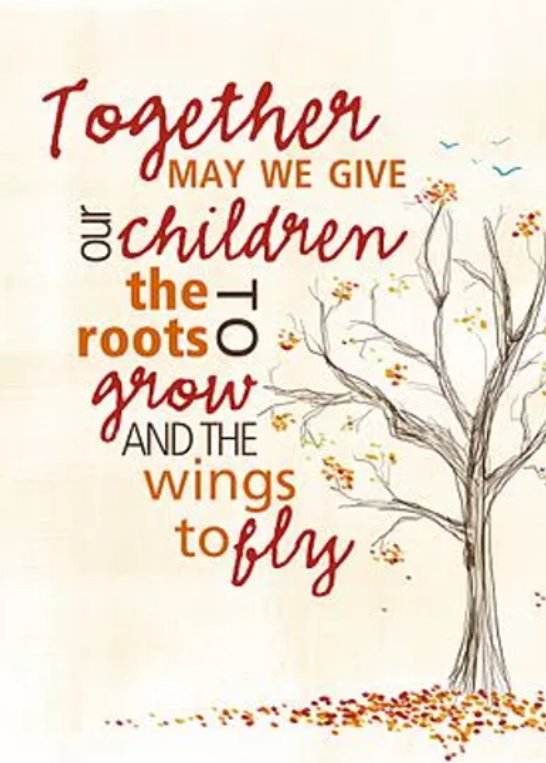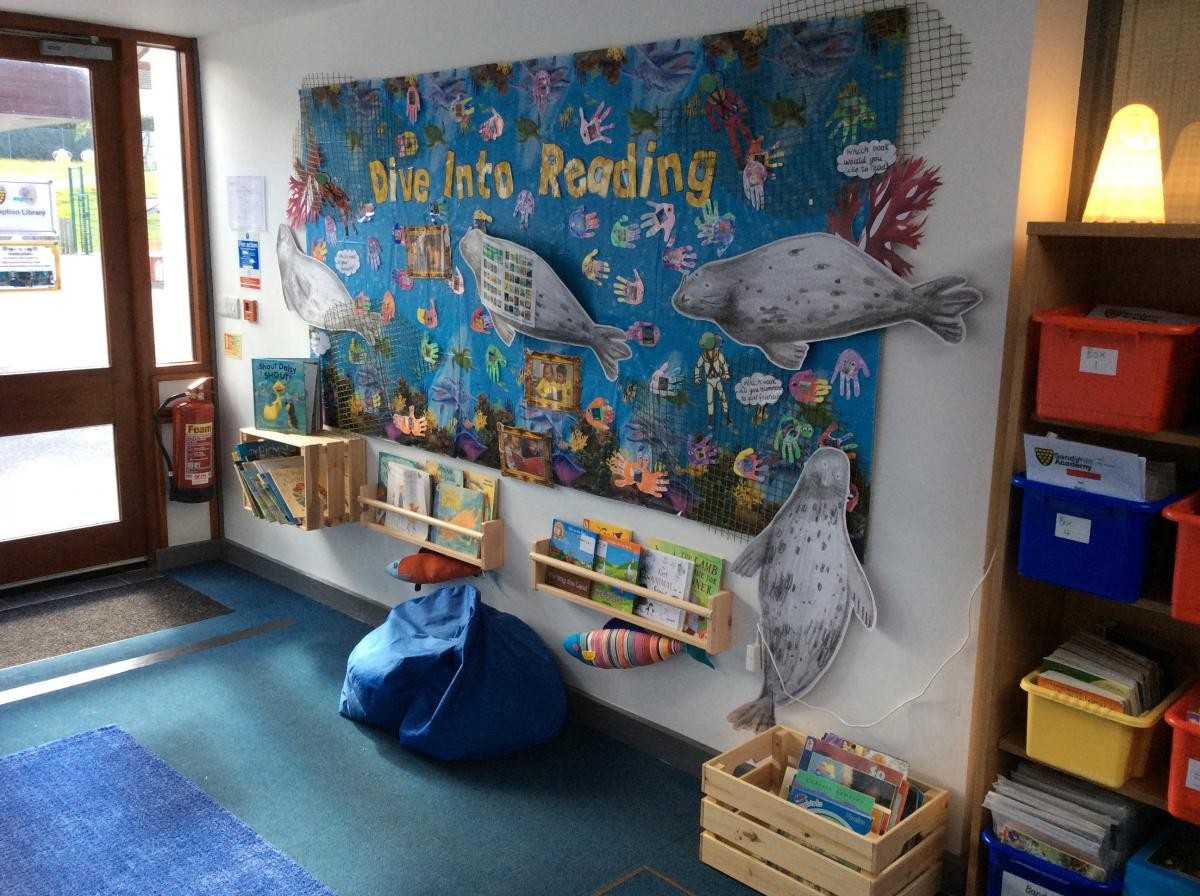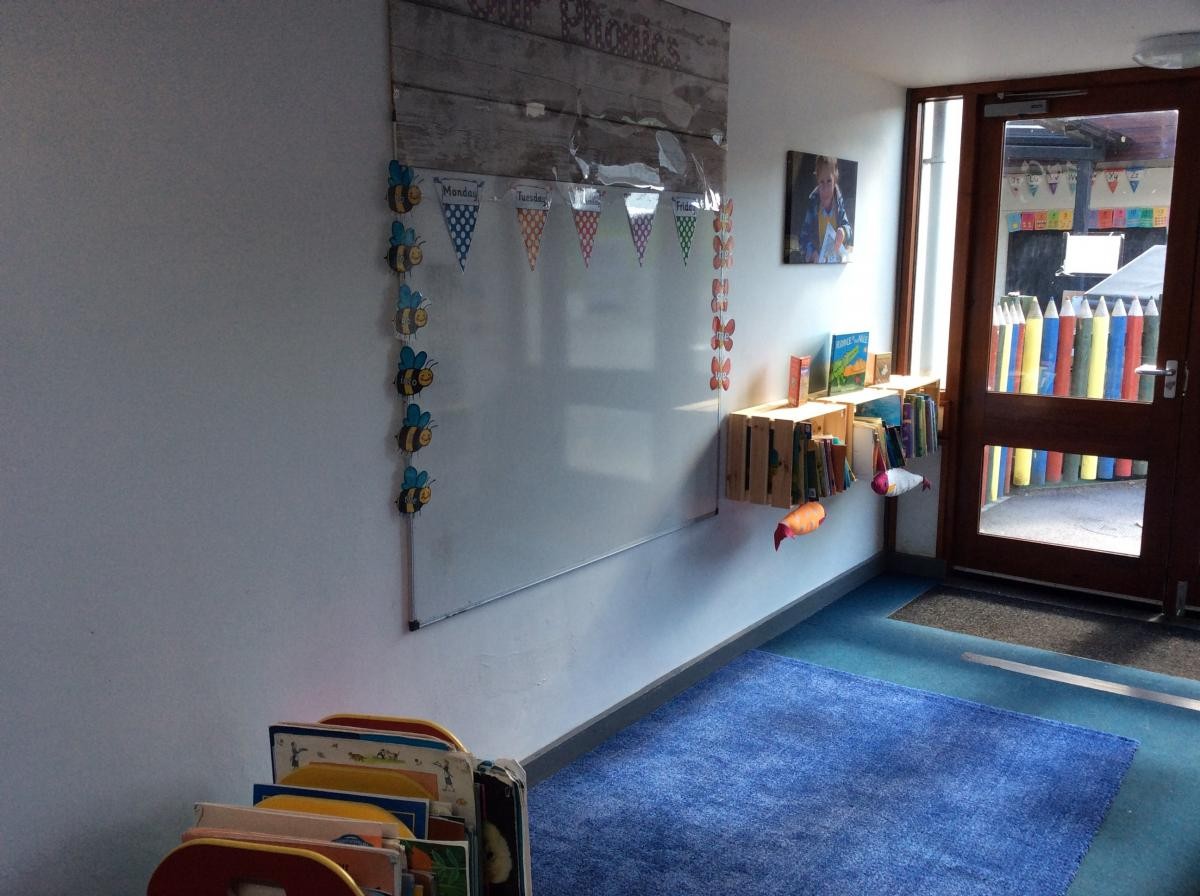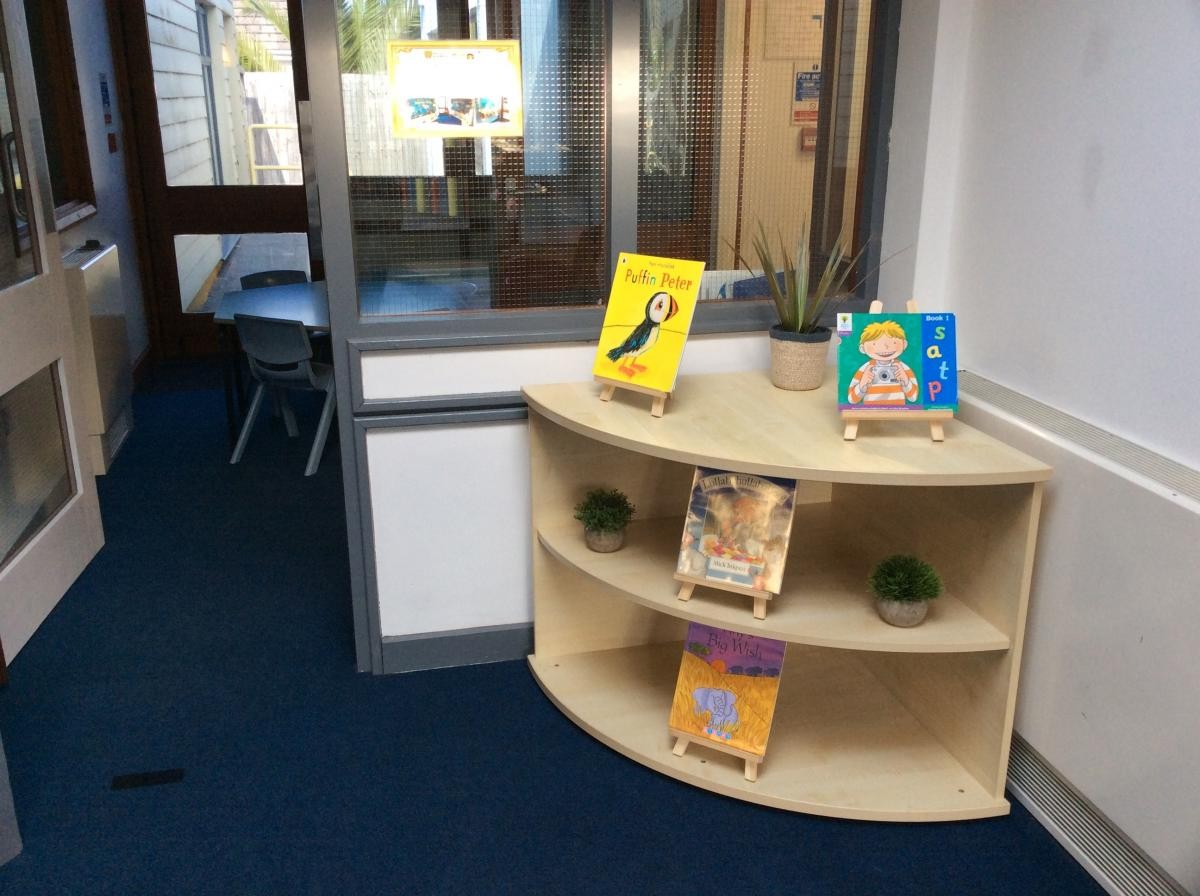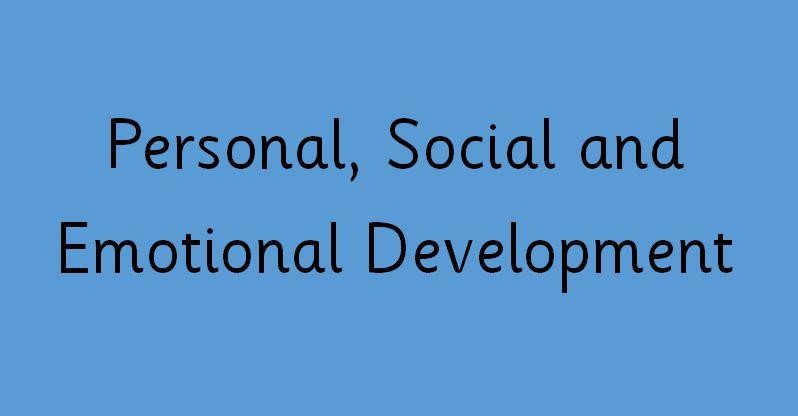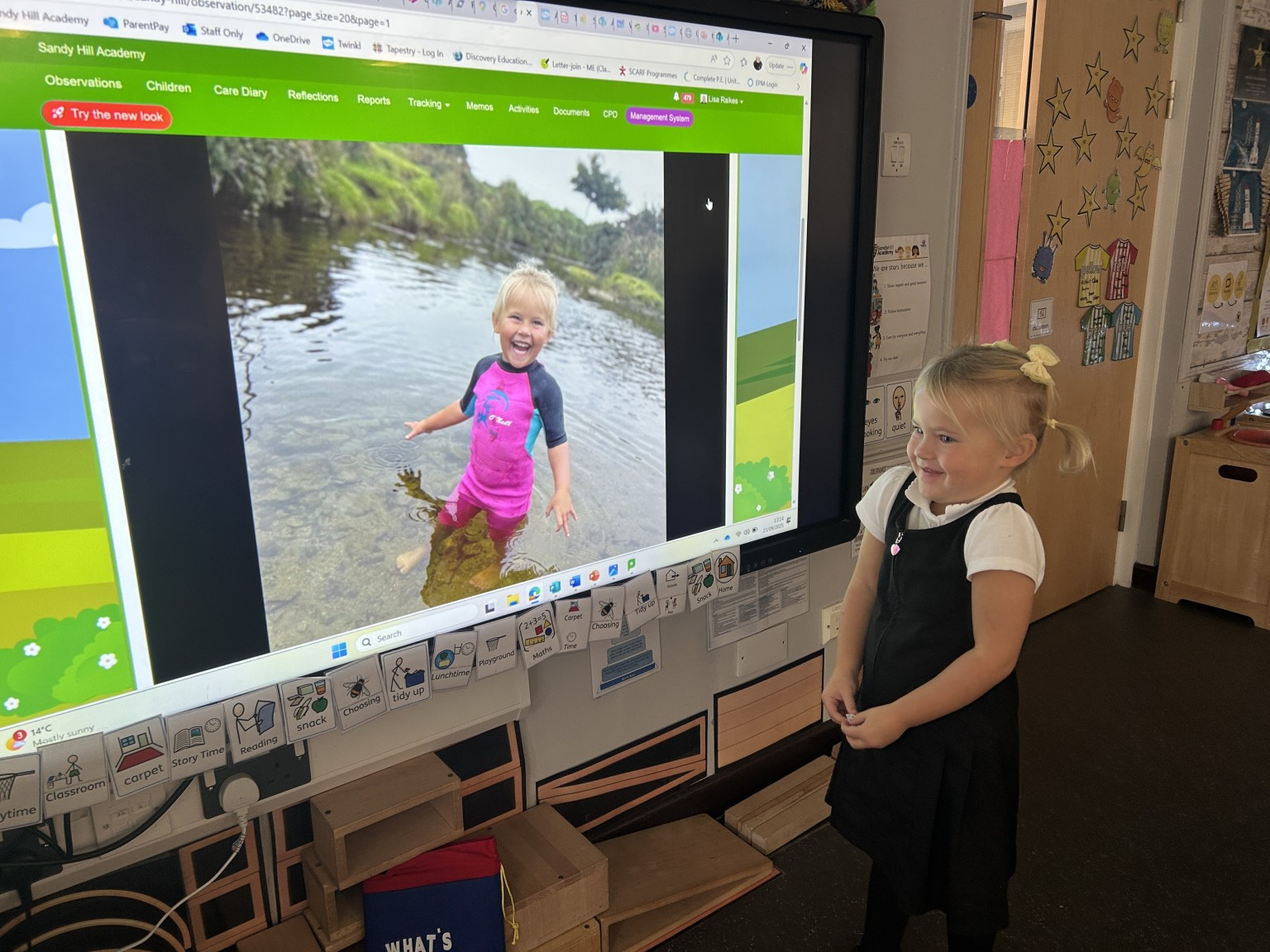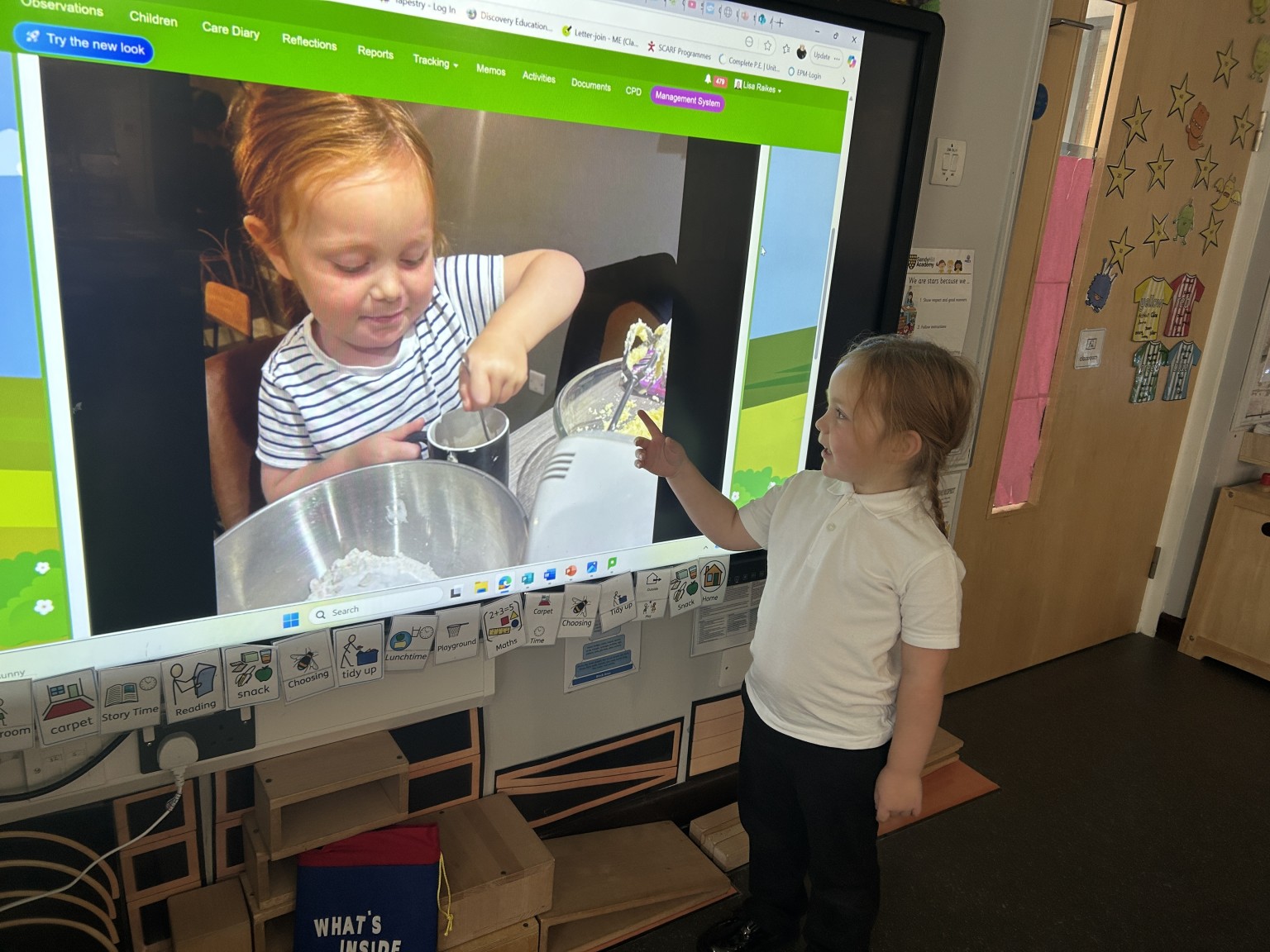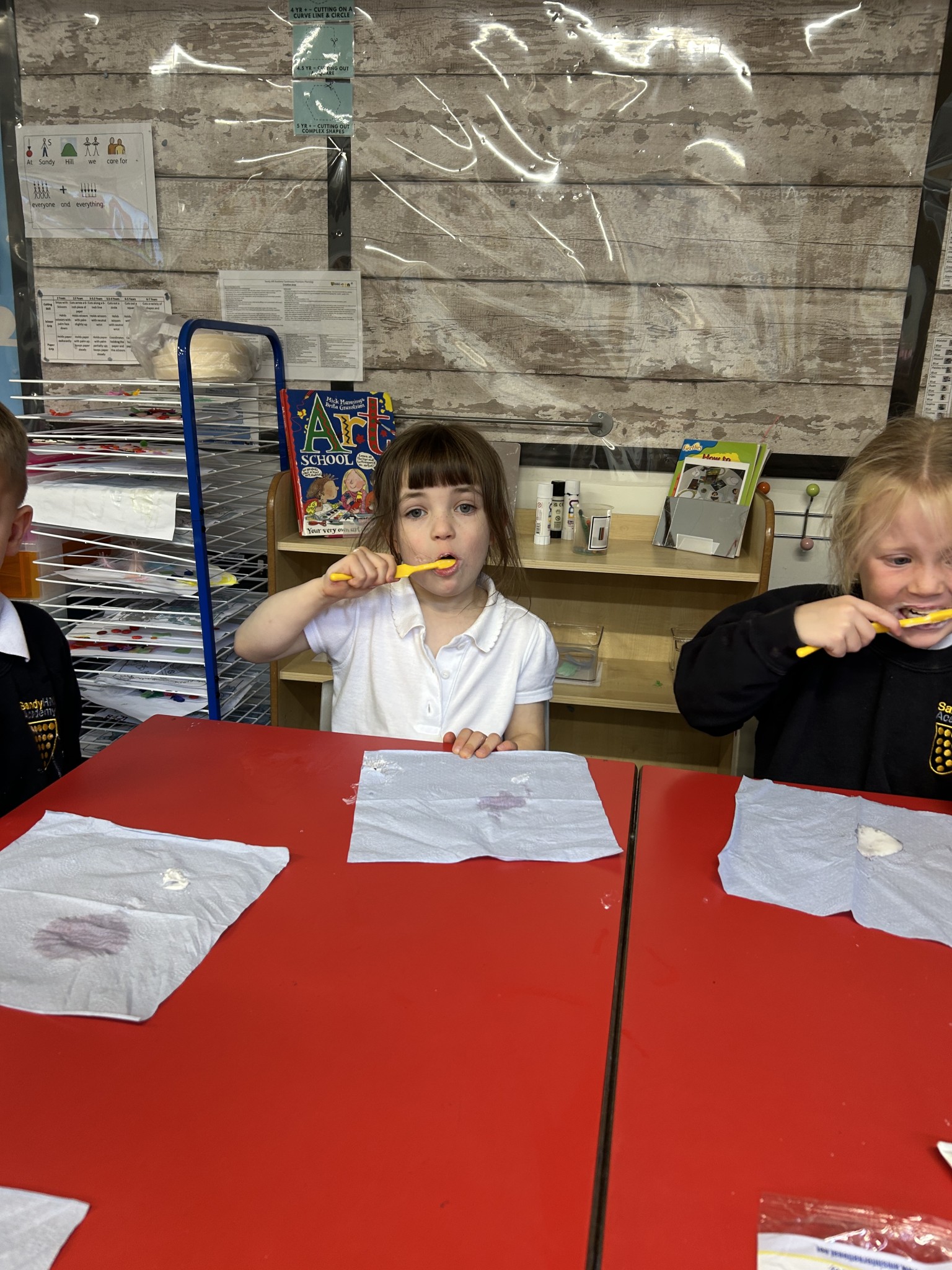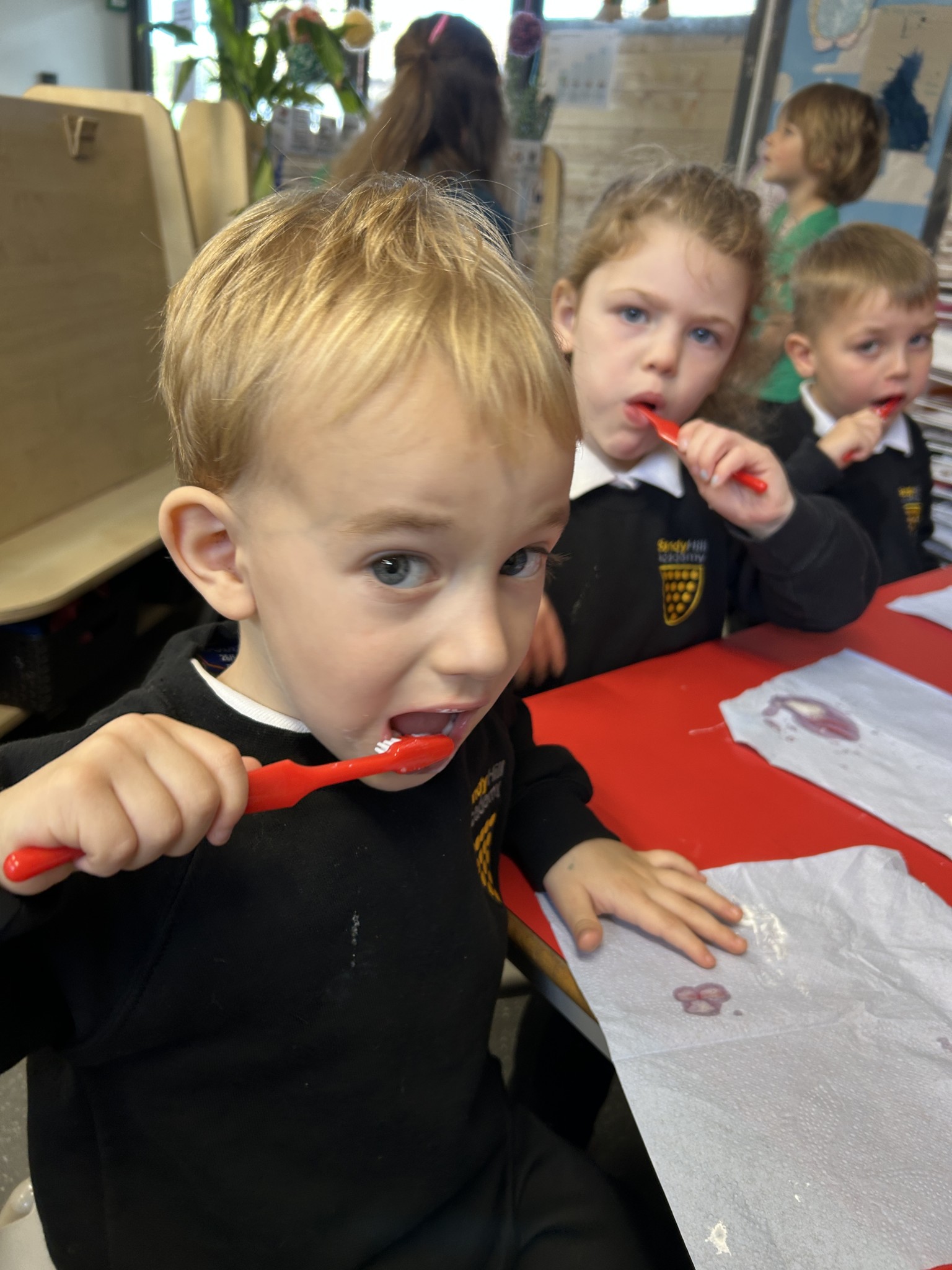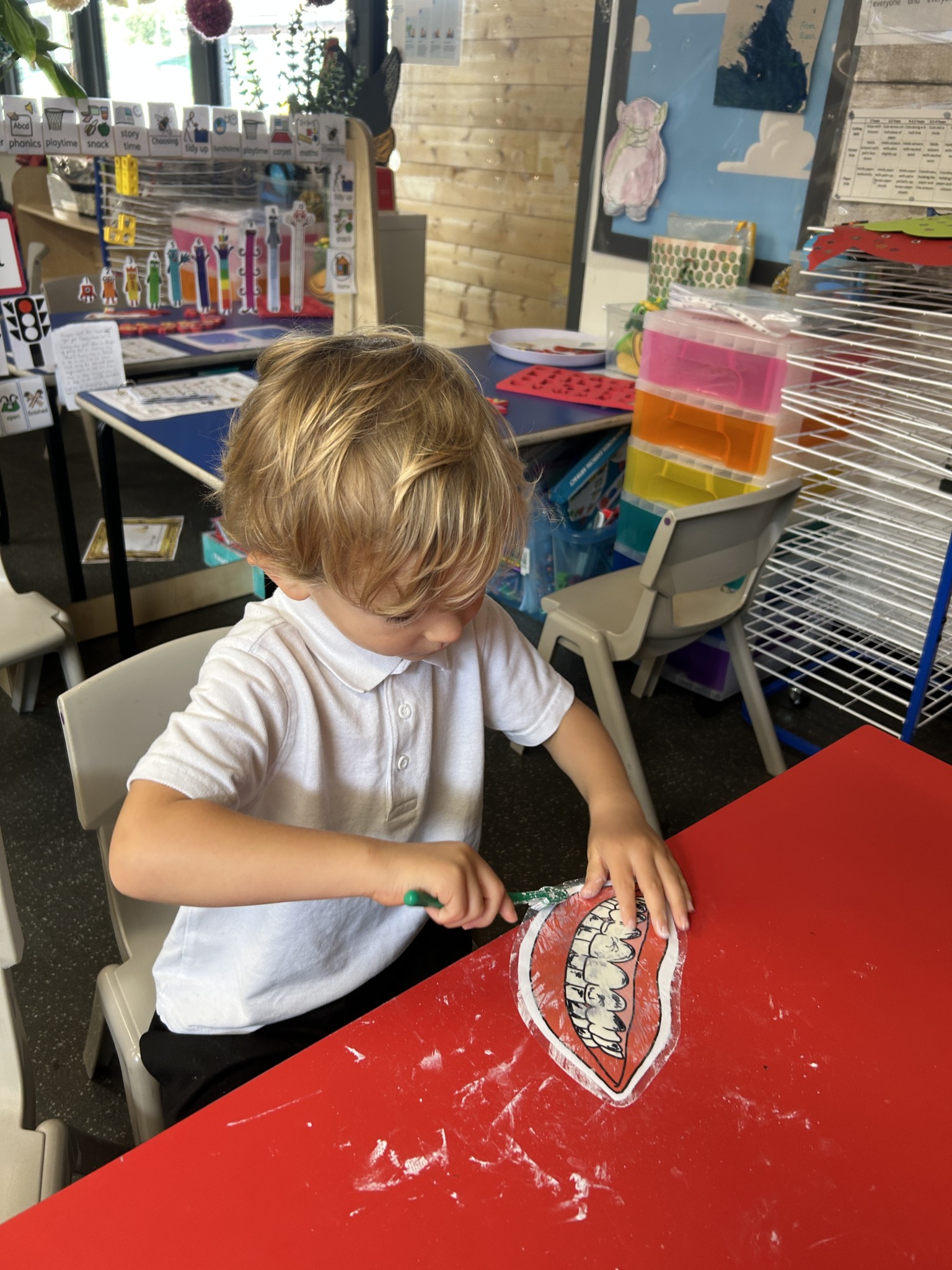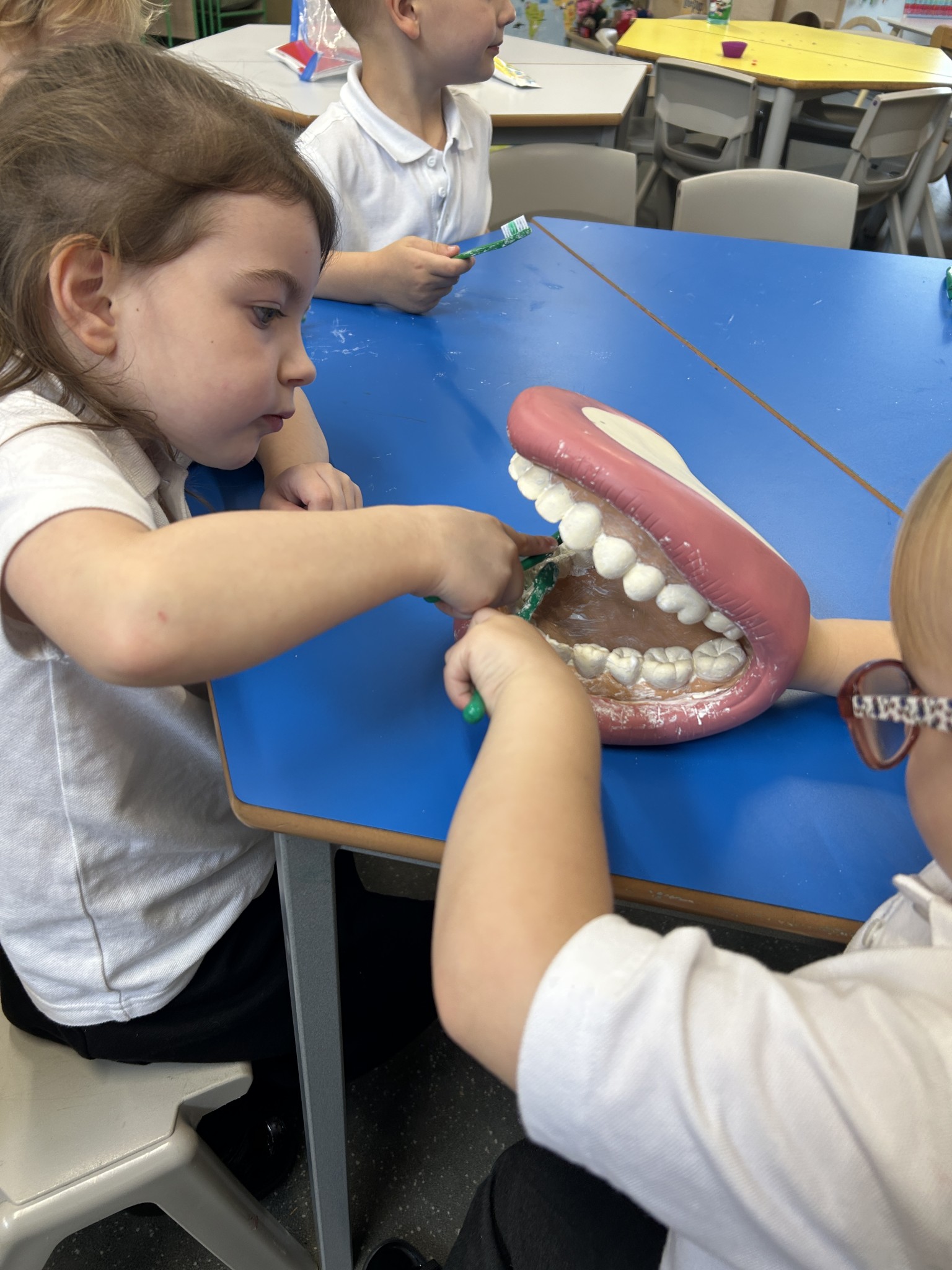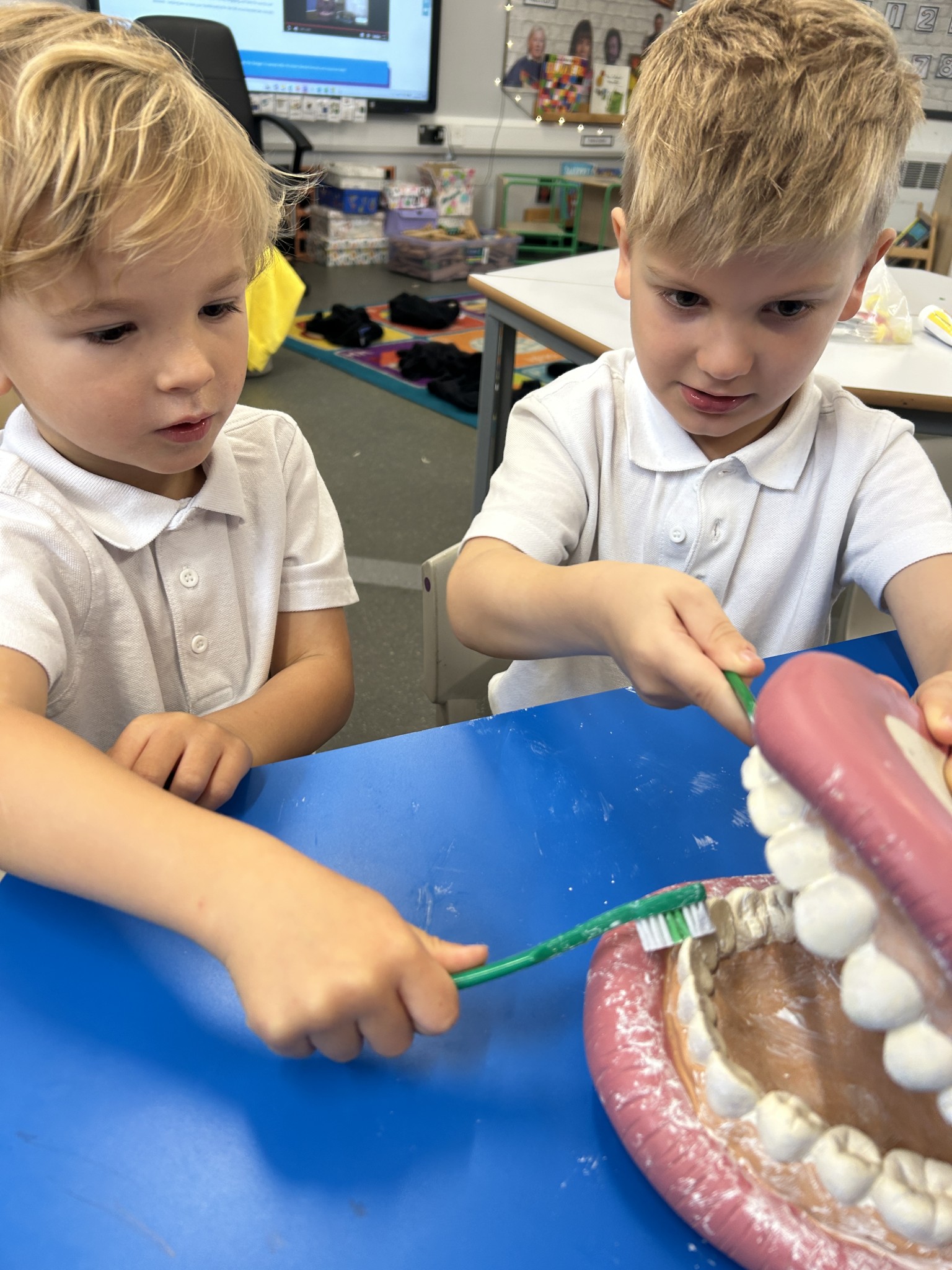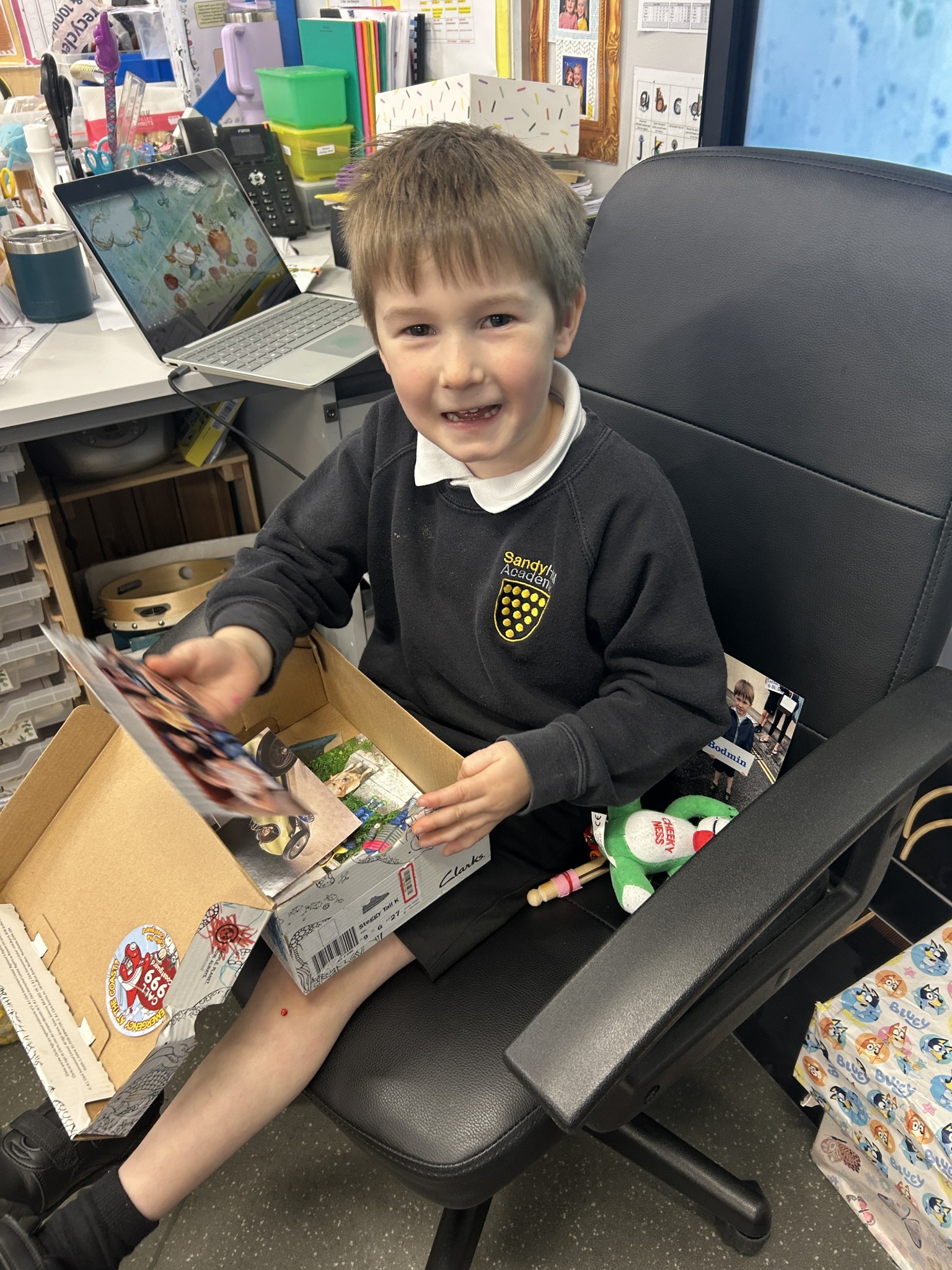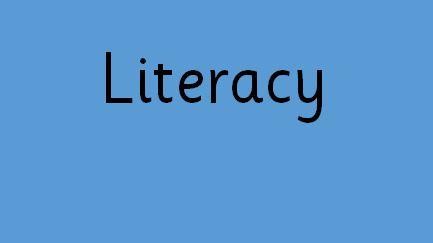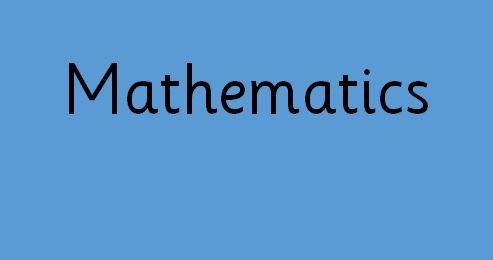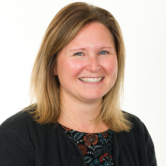
Mrs Evans - Cherry Class
Reception Teacher/ EYFS Lead/ Assistant Headteacher
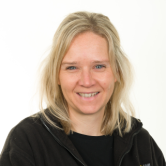
Mrs Raikes
Reception Class Teacher

Mrs Whetter
TA
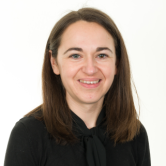
Mrs Cotton
TA
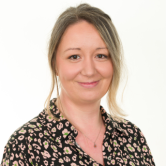
Miss Egerton
TA

Mrs Charalambous
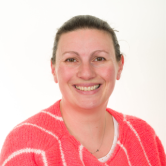
Mrs Bruce
Personal, Social and Emotional Development
We are absolutely delighted to welcome our new Reception children this Autumn term. The start of their school journey is such an exciting time, and we are already so proud of how well they are settling in. One of the first highlights of the term is exploring the All About Me boxes. These special boxes give each child a chance to share important parts of their life with their new classmates and the Reception team, helping us all to learn more about one another and to celebrate the unique qualities each child brings to our community.
As the children begin to explore their new learning environment, they are supported by staff to play cooperatively, build confidence, and make new friendships. Each classroom area is thoughtfully designed to spark curiosity, encourage independence, and provide opportunities for purposeful play and learning. Staff are on hand to guide children in how to access resources, engage in meaningful interactions, and feel a strong sense of belonging in their new setting.
A key focus at the start of the year is developing children's understanding of emotions and relationships. We use the beautiful picture book The Colour Monster as a starting point for exploring different feelings, helping children to recognise and name their emotions, and understand that it’s okay to feel a range of different things.
Children are now becoming familiar with daily routines and expectations, including learning the importance of our school rules. Through consistent modelling and positive reinforcement, they are beginning to understand how these rules help keep everyone safe, respected, and happy.
Our weekly SCARF (Safety, Caring, Achievement, Resilience, Friendship) sessions have supported children in developing their personal, social, and emotional skills. This half term, the focus has been on celebrating how we are all different, yet all special. Children have been encouraged to value diversity, show kindness, and understand the importance of inclusion.
We are incredibly proud of the start our Reception children have made and are excited to see them grow in confidence, curiosity, and independence over the coming weeks.
PSED
Communication and Language
Communication and Language is a key focus in Reception, especially as our children begin their school journey. In these early weeks, we place great importance on helping children develop the foundational skills needed for confident speaking, active listening, and meaningful social interaction.
One of the first ways we support this is through the sharing of All About Me boxes. These special sessions provide a safe and engaging opportunity for children to practise speaking in front of others, listening carefully to their peers, and learning how to ask and answer simple questions. It’s a wonderful way to build early communication confidence while developing positive relationships with both peers and staff.
To further support communication development, we introduce our WellComm and We Thinkers programmes early in the Autumn term. These targeted programmes are designed to support a wide range of communication and language needs, focusing on vocabulary development, attention and listening, social communication, and expressive language. Our Reception staff skilfully deliver these sessions in both group and individual contexts, ensuring every child receives the right support at the right time.
We also introduce basic Makaton signing as part of our inclusive approach to communication. Makaton supports all children—whether they are verbal or non-verbal—by reinforcing spoken language and helping children understand and express themselves more effectively. It also fosters an inclusive and supportive environment where every voice is valued.
Children’s communication and language skills continue to develop through daily interactions, story sessions, group discussions, and guided activities. ‘Book Talk’ forms an important part of our literacy-rich environment, where children are encouraged to discuss stories, predict outcomes, and explore characters and settings with growing confidence.
We also encourage strong links between home and school through Tapestry, our online learning platform. Parents are invited to share ‘Wow Moments’ and photographs from home, which provide meaningful opportunities for children to talk about their experiences in school and celebrate their achievements. These moments help children connect their learning across contexts, and offer rich opportunities for developing expressive language and storytelling skills.
Throughout the term, children are learning how to ask thoughtful questions, take turns in conversation, and listen attentively to others. These are vital life skills that not only support their learning across the curriculum but also help them grow into confident, respectful communicators.
We are incredibly proud of the progress our Reception children are making and look forward to seeing their communication skills flourish further as the year unfolds.
Physical Development
At Sandy Hill Academy, Physical Development is a vital part of our Reception curriculum, supporting children’s health, confidence, and readiness for learning. During the Autumn term, our children take part in a wide range of carefully planned activities that nurture both gross and fine motor skills, laying the foundations for lifelong physical literacy.
Weekly PE sessions provide opportunities for children to practise key movements such as walking, running, jumping, and balancing, with an emphasis on developing control, coordination, and spatial awareness. Children are encouraged to move in different directions and at varying speeds, helping to build agility, strength, and confidence in their bodies.
Our Physical Development curriculum is enriched by the Healthy Movers programme, which promotes physical activity and movement through fun, age-appropriate games and exercises that support all areas of development. In addition, yoga sessions are introduced to support flexibility, core strength, and wellbeing, while helping children to become more aware of their bodies and emotions.
Fine motor development is supported throughout the school day. Children take part in daily 'funky fingers' activities each morning, which are designed to strengthen the small muscles in the hands and fingers—essential for effective pencil grip and letter formation. Activities include threading, squeezing, pinching, and using tools with increasing control.
Children also engage in daily letter formation practice, helping them to build the muscle memory and control needed for fluent writing. A range of tools and resources such as paintbrushes, tweezers, rolling pins, and cutters are made available in the provision to provide rich and varied opportunities for fine motor skill development.
Independence is another key focus in Reception, and mealtimes offer valuable opportunities for practising physical and self-care skills. Children are supported and encouraged to use knives and forks correctly, promoting both physical coordination and healthy eating habits.
This term, the children have thoroughly enjoyed their weekly Healthy Movers and PE gymnastics sessions, participating with growing enthusiasm and confidence. It has been wonderful to observe their progress and to see how these experiences are supporting their wider development across the curriculum.
We are excited to continue building on these skills as the year progresses, helping every child to become confident, capable, and active learners.
Literacy
At Sandy Hill Academy, igniting a love of reading and writing is at the heart of our Literacy curriculum in Reception. Getting children’s early Literacy skills off to a flying start is a key priority during the Autumn term, and we are delighted with the enthusiasm and progress our children have shown already.
Each day, the children take part in high-quality phonics sessions, where they are introduced to their first phonemes and graphemes. Through engaging, systematic teaching and regular practice, children quickly begin to recognise letter sounds and use them to begin blending words. Our daily phonics teaching is carefully matched to each child’s stage of development, ensuring that all learners make strong progress from their individual starting points.
To support fine motor development and early handwriting skills, our provision includes a range of 'funky fingers' activities. These tasks are designed to strengthen the muscles needed for writing and support the development of pencil control. Children also take part in daily name writing practice, where they are encouraged to form letters correctly using a variety of mark-making tools and techniques.
We are passionate about creating a language-rich environment where a love of stories, books, and spoken language flourishes. Children enjoy daily storytimes, often featuring our favourite class texts, and we create plenty of opportunities for them to engage in storytelling and imaginative writing. Books are carefully chosen to support vocabulary development, comprehension, and cultural diversity.
To celebrate our shared love of reading, we recently hosted a magical ‘Bedtime Story’ event, where children returned to school dressed in their pyjamas for a cosy evening of snuggly stories, hot chocolate, and reading by soft lamplight. While the children enjoyed their bedtime stories with staff, we welcomed parents to a Phonics Workshop, offering guidance and practical ideas to help them support early reading at home. It was a wonderful way to bring families into the heart of our Literacy learning and build strong home-school partnerships.
As the term has progressed, our Reception children have blossomed into keen early readers. Each child now has a decodable reading book to take home, carefully matched to their phonics level to help build fluency and confidence. We also run three guided reading sessions each week in small groups, giving children the chance to apply and embed their phonics learning in context with texts that challenge and support them appropriately.
Writing is a key part of our daily routine. Children are learning to form letters accurately and are increasingly able to apply their phonics skills to write words and simple sentences. We provide access to a wide range of mark-making tools and writing opportunities across the classroom, both indoors and out.
We are so proud of the progress our Reception children are making and look forward to nurturing their Literacy journeys even further in the months ahead
Mathematics
At Sandy Hill Academy, our Reception Mathematics curriculum is designed to give children a strong and confident start in their early number sense. Through engaging, hands-on experiences, children begin to explore mathematical concepts in a way that is meaningful, practical, and fun.
A key focus in the Autumn term is developing a secure understanding of early number, with particular emphasis on counting, subitising (recognising small quantities without counting), and comparing amounts. Children are supported to notice patterns, develop mathematical language, and use reasoning as they explore numbers in a variety of contexts.
Mathematical thinking is embedded throughout our continuous provision. Carefully planned opportunities are provided across all areas of the learning environment—indoors and outdoors—allowing children to explore and apply their maths skills through play. For example, children may be found sorting and counting loose parts, arranging natural objects by size or colour, completing number-based puzzles, or exploring shapes and their properties through construction and small-world play.
We encourage children to talk about their mathematical thinking—describing what they see, how they solved a problem, or explaining why they think something is correct. This emphasis on communication not only strengthens understanding but also helps build confidence and perseverance.
We use a combination of adult-led sessions and child-initiated exploration to support the development of key skills. Small group teaching enables targeted support and extension, ensuring that all children are appropriately challenged and can progress at their own pace.
Across the classroom, you’ll find inviting, maths-rich provocations that inspire curiosity and encourage exploration. Whether it's a shape hunt outdoors, measuring ingredients in the mud kitchen, or building patterns with natural resources, children are constantly engaged in purposeful mathematical learning.
As the term progresses, we continue to revisit and build on core number concepts, setting strong foundations that children will draw on as they move through the EYFS and beyond.
We are incredibly proud of the mathematical curiosity and enthusiasm our Reception learners have shown so far and look forward to seeing their confidence grow as they become independent and enthusiastic problem solvers
Expressive Arts and Design
At Sandy Hill Academy, creativity and self-expression are celebrated as an essential part of children’s early learning. In Reception, our Expressive Arts and Design curriculum offers children a wide range of opportunities to explore materials, develop their artistic skills, and express their ideas with growing independence and imagination.
This term, children completed their first self-portraits, a special milestone in which they began to look carefully at their own features and use colour with increasing purpose. These portraits provide a wonderful introduction to colour exploration and mixing, as children begin to notice differences in tone, shade, and texture. Through guided teaching and hands-on experimentation, they learn how to combine colours to create new ones, building both skill and confidence in using paint and other media.
Our focus text this term, ‘Leaf Man’ by Lois Ehlert, has inspired a wide range of creative experiences rooted in the natural world. Children have enjoyed using autumn leaves to make leaf rubbings, collages, and imaginative creations—learning to observe shape and form, and to use materials with care and purpose. These activities also encourage children to explore pattern, texture, and symmetry, linking beautifully with their work in Understanding the World and Mathematics.
Fine motor development is supported throughout our creative curriculum. Children are taught how to use scissors safely and effectively, learning how to hold them with a safe grip and how to make careful, controlled snips and cuts in paper. These are essential early skills that not only support art and design but also prepare children for writing and everyday tasks.
Music and movement are also key parts of our creative provision. We absolutely love singing in Reception, and this term, we introduced our joyful Makaton Sing & Sign sessions. These inclusive musical experiences help to develop children’s language, rhythm, memory, and expression, while also supporting our wider focus on communication and inclusivity.
Across the term, children have had access to a wide variety of tools, textures, and open-ended resources to create, design, and express themselves freely. Whether painting, building, role-playing, or singing, children are encouraged to follow their ideas, make independent choices, and take pride in their creations.
It has been a joy to see their imaginations come alive, and we look forward to further nurturing their creativity and confidence as the year continues.
.
Understanding the World
At Sandy Hill Academy, our Understanding the World curriculum invites children to explore, observe, and make sense of the world around them through rich, hands-on experiences. During the Autumn term, we focus on building curiosity and awareness of both the natural environment and the wider community, helping children to make connections between their own lives and the world beyond.
A key part of our Autumn learning is observing and responding to seasonal changes. Through welly walks and time spent outdoors, the children are encouraged to notice how the world around them transforms—from the colours of the leaves to the feel of the weather and the sounds in nature. These explorations help develop children's observational skills and lay the foundations for scientific thinking.
Our walks often result in the collection of autumnal treasures, such as leaves, conkers, twigs and pinecones, which are brought back into the classroom to spark discussion and inspire creativity. These natural items are used to enhance our transient art area, where children can experiment with pattern, shape, and design using real-world materials—deepening their appreciation of the environment and encouraging imaginative play.
As part of our topic ‘Who Are We?’, children begin to learn about different occupations and roles in the community. They take part in meaningful discussions with their peers about the jobs of parents and carers, and reflect on people they have met who help others—such as doctors, dentists, nurses, and more. These conversations build a strong sense of identity and help children understand how different people contribute to the world we live in.
We are also incredibly fortunate to receive visits from local community members, including a very exciting visit from the fire brigade! These real-life encounters provide valuable learning opportunities, allowing children to ask questions, explore equipment, and develop a deeper understanding of safety, teamwork, and public service.
Throughout the term, children are encouraged to explore how things change, how they work, and how they relate to their own lives. Whether noticing the changing seasons, learning about jobs in the community, or asking questions about the world around them, our children are developing a strong foundation for enquiry, respect, and appreciation of the world they live in.
We are so proud of the curiosity and enthusiasm the children have shown this term, and we look forward to continuing this journey of discovery together

